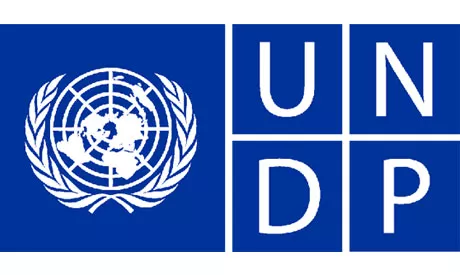Recrutement consultant pour le développement des droits de l’homme et de l’intégration de la dimension de genre dans l’administration locale – Malawi
| Procurement Process : | Other |
| Office : | RBA, Malawi – MALAWI |
| Deadline : | 09-Sep-19 |
| Posted on : | 28-Aug-19 |
| Development Area : | CONSULTANTS |
| Reference Number : | 58760 |
| Link to Atlas Project : 00114069 – Spotlight Initiative Country Programme for Malawi | |
| Documents : Terms of Reference Offer’s Template | |
Overview :
Malawi ranks 145/188 on the Gender Inequality Index, reflecting high levels of inequalities in reproductive health, women’s empowerment and economic activity. Women in Malawi generally fare worse than men on most social and economic indicators including wage equality, political participation, secondary and tertiary education enrolment and literacy. Additionally, violence against women and girls and harmful practices, including early and forced marriages, sexual assaults, harmful sexual initiation, and domestic violence, remain serious issues.
Support by the UN, in partnership with the European Union (EU), the Royal Norwegian Embassy (RNE), and the Department for International Development, has improved the capabilities of local-level human rights and victim assistance institutions, including the judiciary, law enforcers, legislators, paralegal service providers, and public service providers, to ensure that the country has appropriate mechanisms for protecting women and girls from violence and enabling them to access justice-related, social, and economic services. Nevertheless, women’s and girls’ initiatives continue to face practices that seek to make distinctions between ‘deserving’ and ‘undeserving’ women and girls. A lack of accountability and transformational rights- and gender-based approaches to planning and programming by public and non-state actors have contributed to women and girls – including those living with disability, albinism, HIV, or AIDS – being excluded from decision making and the monitoring and management of programmes.
